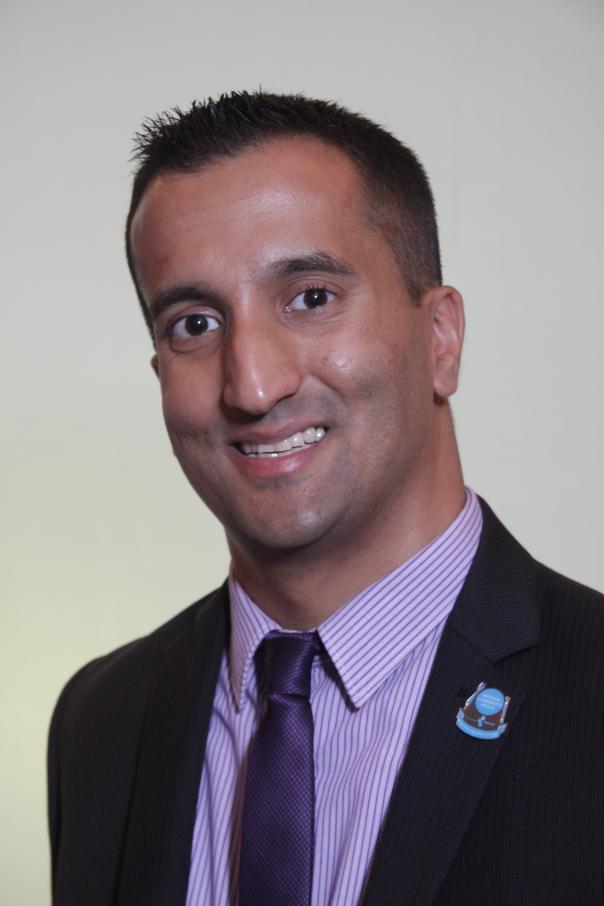
The funding cuts could cause local authorities across England and Wales to cut essential care services, such as home care and meals on wheels, for elderly and disabled adults.
Neel Radia, national chair of National Association of Care Catering, said: “The abolition of Community Meals services is incredibly short-sighted and carries long-term disastrous consequences. Statistics show that 93% of people treated for malnutrition in the UK are older people living in the community. By removing a service that ensures this group can receive a daily nutritious meal will increase cases of malnutrition, putting a huge strain on the NHS both practically and financially. Let’s not forget, the UK has a fast-growing population so this dire situation is only set to get worse.”
The Local Government Association (LGA), which represents more than 370 councils across England and Wales, and the Association of Directors of Adult Social Services have joined together to highlight that these alarming figures are almost a third of current annual adult social care spending, showing councils as the most stretched part of the health and social care system.
Cllr David Sparks, chairman of the LGA, said: “These new figures are further proof that we need to stop vital adult social care services into a black hole. We must act now to improve quality of life for people in their older years and steer England’s social care system away from the road to financial ruin.”
The shortfall is set to be caused by a combination of reduced government funding and rising demand on services, in particular from the country’s rapidly ageing population.
Over the last year, councils were forced to divert £900 million funding from other budgets to simply maintain the current level of service, despite making efficiency savings and receiving additional money from the 2010 spending round. The pressures are set to continue and by 2020, councils will have to find £4.3 billion just to manage care services at the current level.
Sparks added: “Next year will be a make or break moment for adult social care, for local services provided by councils and for the NHS. The next government must make sure that the next spending review puts adult social care on a sustainable financial footing. We can’t afford to waste this once-in-a-generation chance to get it right.”
Social care experts are gathering for the biggest social care conference in the country next week, the National Children and Adult Services Conference. At the conference, Sparks is set to call for long term money to be brought into the health and social care system, because without an urgent commitment he fears councils risk yet more pressures on already stretched budgets that will tip some services into failure.
David Pearson, ADASS President, said: “There are real opportunities ahead of us to realise the full ambitions of the Care Act and to continue to transform services and support to put the individual at the centre.
“The proper funding of adult social care is critical in this and ADASS looks forward to working with LGA to help inform this important national debate.”
Radia concluded: “The Community Meals Service is a crucial preventative service that enables older people to live in their own homes for longer, whilst maintaining their physical and emotional wellbeing and reducing pressure on the NHS. I urge the Government to heed this warning and recognise the real value of adult services, such as Community Meals, and protect them for the benefit of generations to come.”